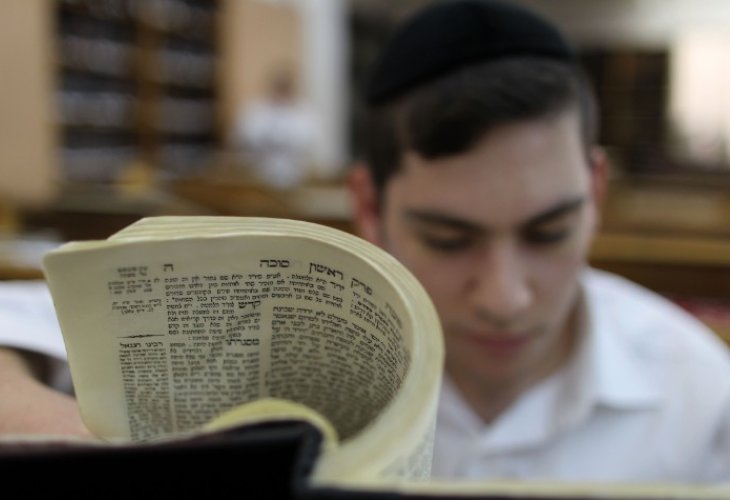Faith
Reincarnation in Judaism: Why God Hides Our Past Lives
Forgetting past incarnations protects free will, fosters mercy, and deepens eternal reward
- Daniel Blass
- |Updated

There is no doubt that God grants anyone who truly seeks Him the opportunity to find Him and return in repentance (teshuvah). A person who returns in teshuvah learns that their main task is to repair precisely what is most difficult for them to repair. As the Vilna Gaon taught, every person can know what they came into this world to correct by looking at the mitzvah or area of Torah observance they find hardest to fulfill — that is the aspect they were sent to repair. Conversely, the mitzvot and Torah subjects that a person is most naturally drawn toward are those that most elevate and rectify their soul.
Still, there is no doubt that if we could know the details of our previous lives (gilgulim), it would greatly ease our struggles in this world. We would know exactly why we are suffering and how much more we have left to repair. Like a prisoner who knows the length of his sentence, he can bear it more easily than one who feels wrongly accused and has no idea why he is being punished.
As I have not heard a single definitive answer on this, I would like to propose several explanations that come to mind:
1. To Lessen the Punishment
The workings of Heaven are hidden from us, but perhaps the reason a person does not know their past incarnation is to reduce the weight of their punishment. Logic suggests that someone who knows their sin deserves a harsher punishment than one who is unaware. In fact, not knowing is itself already part of the atonement. God, in His mercy, brings a soul back into this world without knowledge of its past, so as not to multiply its punishment in Gehinnom.
2. Measure for Measure
Another explanation is middah k’neged middah — measure for measure. If in a past life someone caused another person to suffer unjustly, then in this life they may feel as though they are being punished unjustly, without understanding why. Experiencing this confusion mirrors the emotional harm they once inflicted on others, completing their atonement perfectly.
3. To Increase Reward in the World to Come
There is an element of spiritual testing here. Not knowing the reason for one’s suffering is a test of faith of how a person continues to trust God’s goodness even when it is hidden. Passing this test earns eternal reward in the World to Come. In this sense, reincarnation is not only to repair sins but also to grant the soul the chance to reach an even higher level through faith and trust in God.
4. To Preserve Human Compassion
I heard it said that God conceals past lives so that people will continue to show compassion to one another. Imagine if people could see a beggar on the street and know that in a previous life he was a thief, or see a sick person and know that he once caused great harm to others. They would not pity him or help him, and the world would lose its essential quality of mercy.
This was the mistake of Job’s friends. Because they lived in an era of open divine providence, they assumed Job must have committed some terrible sin and therefore blamed him instead of comforting him. Job cried out that their accusations hurt him even more than his suffering itself. Indeed, human dignity can sometimes be more precious than relief from pain.
God therefore hides the secret of reincarnations, placing all of us on equal footing in this world. Not knowing each other’s past ensures that we can empathize, give charity, show kindness, and fulfill the mitzvah “Love your neighbor as yourself.”
5. To Preserve Free Will
The most widely accepted reason is to maintain complete free will. If a person knew exactly what they had done in a previous life, fear would prevent them from sinning and their actions would not be a product of choice, but of compulsion. Faith and spiritual growth only exist in the space of uncertainty.
If everything were known beyond doubt, there would be no test, no challenge, and no true reward.

